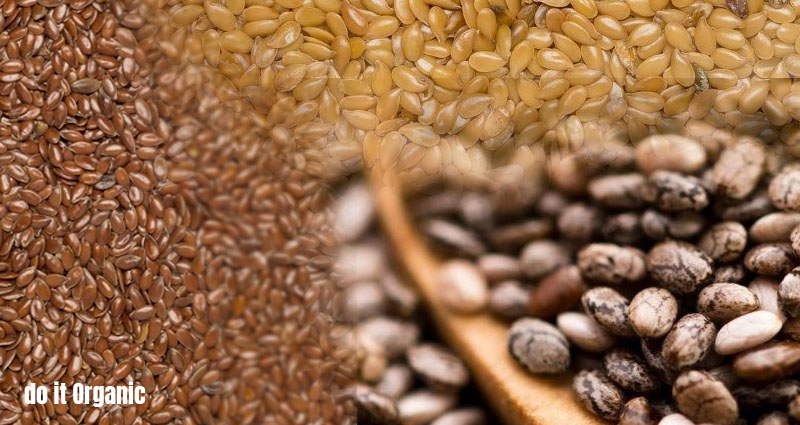These organic seeds offer several advantages, including being more nutritious, eco-friendly, and often cheaper than their conventional counterparts. When buying bulk organic seeds, you need to identify reliable suppliers who can provide high-quality products consistently. Researching and finding reputable organic seed suppliers is the first step in the process. A great way to do this is by attending trade shows and conferences to network with suppliers, farmers, and others in the industry. You can also look online for suppliers and read reviews from other customers. Once you find a supplier, you can start by ordering small quantities to ensure the quality meets your standards before making larger orders. Flax seed is one of the most popular organic seeds, and there are many flax seed wholesale suppliers to choose from. Make sure to evaluate their products, certifications, and shipping policies to ensure you receive a consistent and high-quality product.
Common mistakes to avoid when buying organic seeds
There are some common mistakes that businesses should avoid to ensure they receive high-quality products. One mistake to avoid is not thoroughly researching the supplier before making a purchase. Companies should ensure that the supplier is certified and has a good reputation for providing quality products. Another mistake to avoid is not ordering enough to meet demand. Companies should order in larger quantities to get the best prices and ensure they have enough products on hand. It is also important to avoid buying too many different types of seeds that may not sell as well. Finally, it is important to avoid ordering from suppliers who do not specialize in bulk organic seeds, as this can lead to lower-quality products. By avoiding these common mistakes, businesses can ensure that they are getting the best organic seeds possible, and meeting the needs of their customers.
Understanding the different types of organic seeds
When it comes to purchasing organic seeds for your business, it is essential to understand the different types available in the market. Some common types of organic seeds include chia, flax, pumpkin, sesame, sunflower, and hemp seeds, among others. Each type of seed has its unique characteristics, including flavor, texture, and nutritional profile. For example, flaxseed is an excellent source of omega-3 fatty acids, while pumpkin seeds are rich in zinc and magnesium. It’s important to understand the different types of organic seeds so that you can choose the ones that best fit your business’s needs. By understanding the different types of organic seeds, you can make informed decisions about which seeds to purchase from organic seed suppliers.











